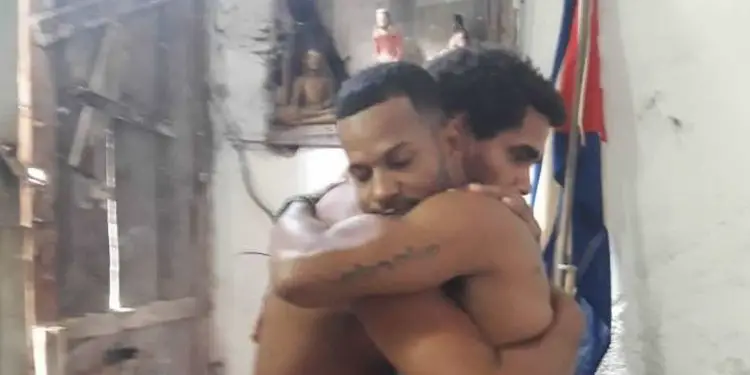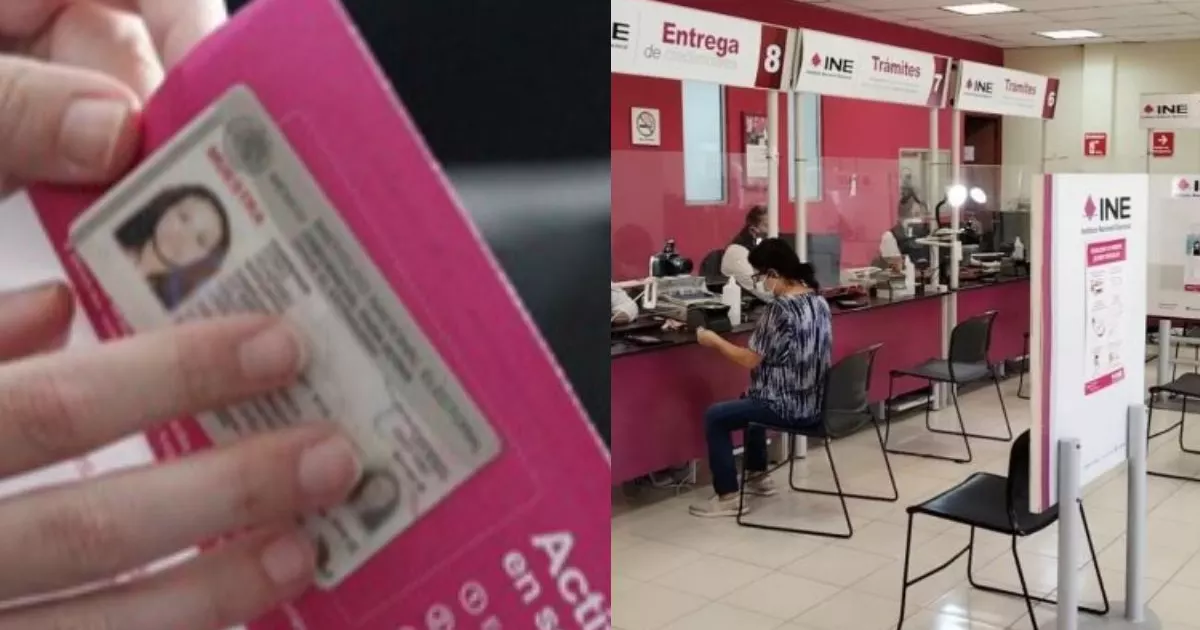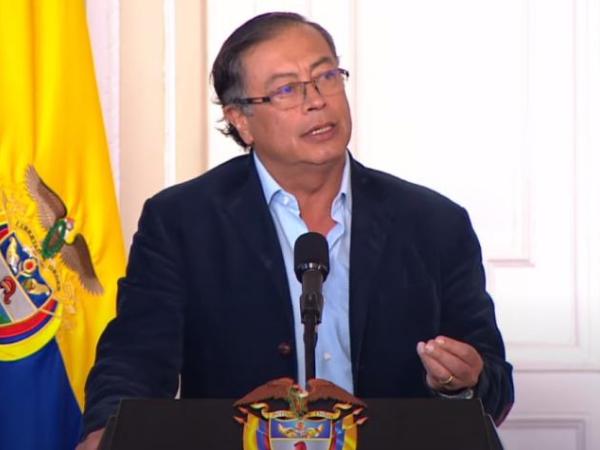MADRID, Spain.- The NGO Freedom House included the artist Luis Manuel Otero Alcántara (LMOA) and the musician Maykel Castillo Pérez (El Osorbo), both political prisoners of the Cuban regime, in an international campaign to demand the release of political prisoners.
“When the Cuban authorities mobilized to stifle artistic expression, Luis Manuel Otero Alcántara put his body and his freedom at stake and took to the streets,” Freedom House points out about the leader of the San Isidro Movement, sentenced to five years in prison.
About Maykel Osorbo, who is serving a nine year sentence deprivation of liberty, said: “A young and promising hip-hop artist emerges defiantly from Cuba’s artistic underground to confront a government attempt to censor freedom of expression.”
In addition to Castillo Pérez and LMOA, the NGO makes visible the cases of Mubarak Bala, from Nigeria; Nasser Zefzafi, from Morocco; Nguyễn Văn Hoá, from Vietnam; Safiye Alagaş, from Turkey; Salma al-Shehab, from Saudi Arabia; Server Mustafayev, from Uzbekistan; Theary Seng, from Cambodia; and Tsi Conrad, from Cameroon.
“The experiences of the people described here illustrate the significant pressure and harm that human rights defenders and pro-democracy activists face in retaliation for their work. Located around the world, these artists, journalists and activists often languish in miserable prison conditions, sentenced or detained without regard to due process and without being able to see their legal representatives or loved ones,” Freedom House said on its website. .
As well as denounced that, in retaliation for their efforts, they have been arrested and sentenced for a multitude of alleged crimes, including serious crimes such as subverting the power of the State, undermining national security and participating in acts of terrorism.
“Once in custody,” the NGO explains, “they often suffer torture, enforced disappearance, and denial of medical care. Even after they are released from harsh prison terms or detention without charge, they may face additional restrictions on their freedom, such as travel bans or requirements to report regularly to authorities, increasing the risk of re-arrest. Many defenders of democracy and human rights are trapped in this cycle, unable to fully recover their freedom.






